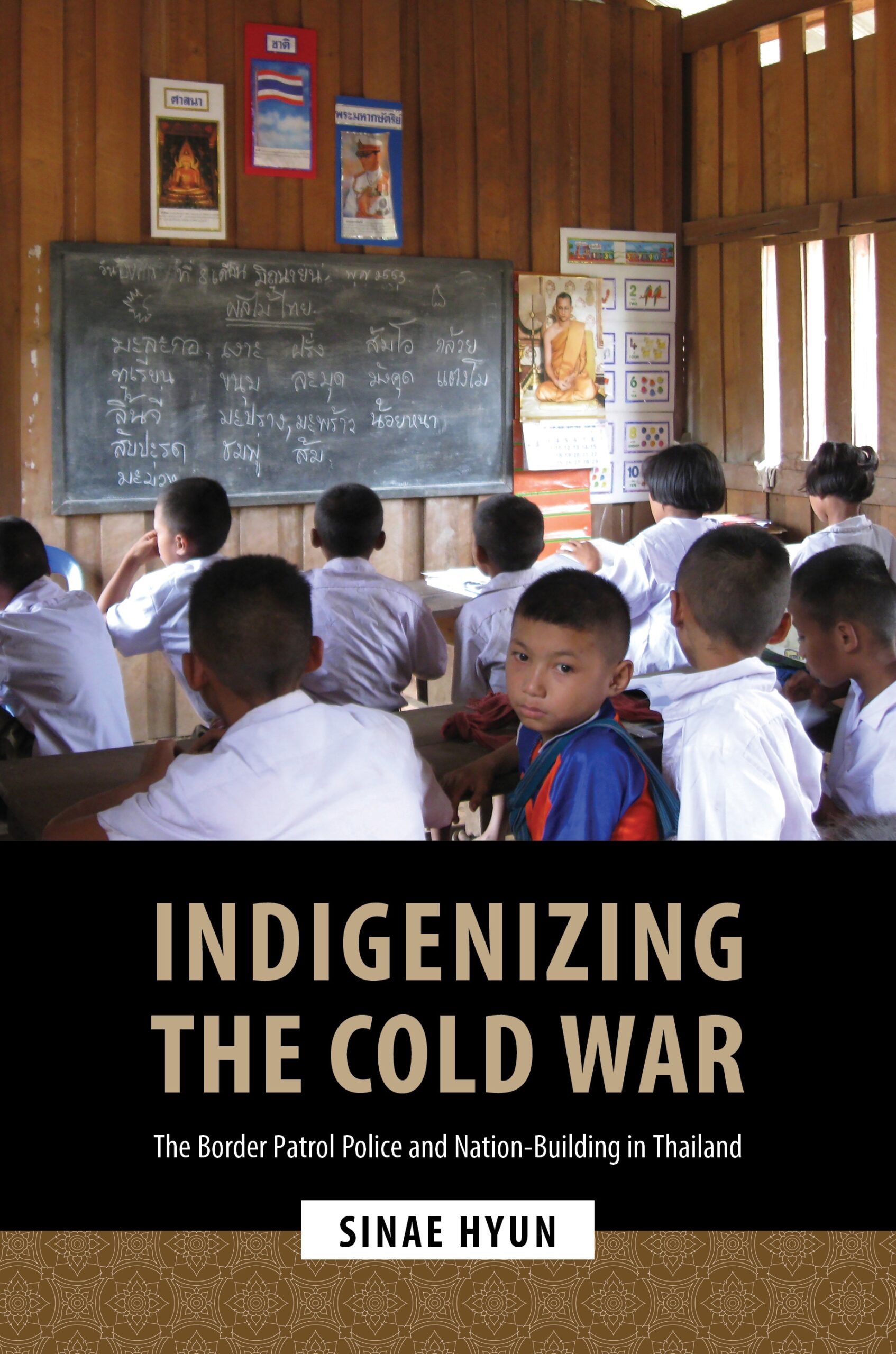Indigenizing the Cold War: The Border Patrol Police and Nation-Building in Thailand
- About the Book
-
The Border Patrol Police (BPP) of Thailand was formed as a United States CIA’s paramilitary intelligence force in the early 1950s. In the early 1960s, changes in Thailand’s political leadership and the US government’s strategies for fighting the spread of communism in Southeast Asia led to a transformation of the BPP. The organization became a civic action agency supported by the US Agency for International Development and the Thai monarchy. Its civic actions, pinned on advancing anticommunist modernization, civilian counterinsurgency, and royalist nationalism, soon extended from the margins to the center of Thailand, and contributed to building the border of “Thainess” (khwam pen thai). The growing tension between the royalist network, consisting of military and rightwing groups, and the democratization movements culminated in a massacre. On October 6, 1976, the Village Scout, a rural vigilante group that the BPP created through its civic actions, and the Police Aerial Reinforcement Unit (PARU), a subunit of the BPP, attacked peaceful protesters at Thammasat University. The success of a military coup on the same day solidified the victory of the royalist network, and it would continue to dominate Thai politics and society into the post–Cold War era.
Through a study of the Border Patrol Police’s transformations, Indigenizing the Cold War shows how the Thai ruling elite unfailingly pursued their nation-building. With an introduction of the “indigenization” concept and an in-depth analysis of postcolonial nation-building, this work challenges conventional Cold War studies. The Cold War in Thailand was not always and only about an ideological conflict between the communist and anticommunist. It was a war between the local ruling elite and the people, each pushing forward their visions for constructing a new nation-state. The “indigenization” framework helps one to see the nature and impacts of the collaboration between global superpowers and the Asian local ruling elite; it exposes an arrangement that took advantage of the American Cold War to legitimize and continue their authoritarian regimes.
- About the Author(s)
-
Sinae Hyun, Author
Sinae Hyun is a research professor in the Institute for East Asian Studies at Sogang University.
- Reviews and Endorsements
-
- In this highly original and engaging book, Sinae Hyun offers a new account of the hot Cold War in Thailand through a rich, detailed analysis of the genesis and consolidation of the Border Patrol Police (BPP). Initially funded by the CIA and crafted with collaboration from the US government, Thai military, and Thai monarchy, the BPP is a repressive paramilitary force that went to great lengths to prevent communism from succeeding in Thailand. What makes this book so exciting is that Hyun uses the history of the BPP to develop new arguments about the Cold War in and beyond Thailand. By questioning the very border the BPP was policing—one that was at once psychological and human as well as physical—she develops a new theoretical optic that illustrates how counterinsurgency functioned as a project of creating a new nation and new national subjects.
—Tyrell Haberkorn, University of Wisconsin–Madison
- In this highly original and engaging book, Sinae Hyun offers a new account of the hot Cold War in Thailand through a rich, detailed analysis of the genesis and consolidation of the Border Patrol Police (BPP). Initially funded by the CIA and crafted with collaboration from the US government, Thai military, and Thai monarchy, the BPP is a repressive paramilitary force that went to great lengths to prevent communism from succeeding in Thailand. What makes this book so exciting is that Hyun uses the history of the BPP to develop new arguments about the Cold War in and beyond Thailand. By questioning the very border the BPP was policing—one that was at once psychological and human as well as physical—she develops a new theoretical optic that illustrates how counterinsurgency functioned as a project of creating a new nation and new national subjects.










